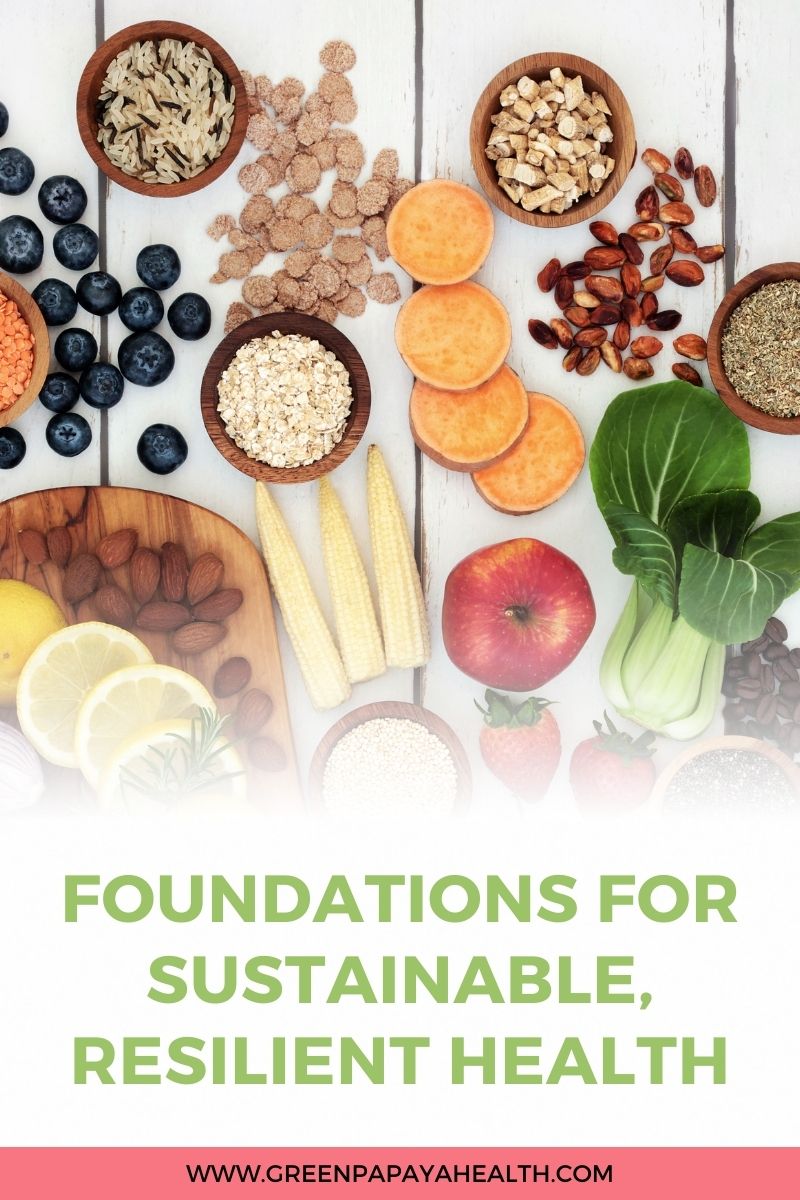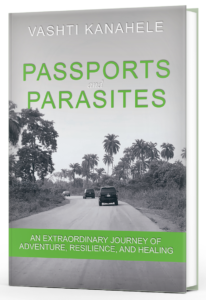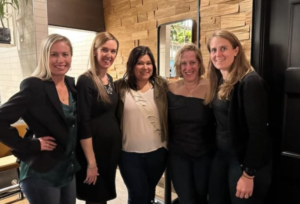We focus so much on disease in the world of “healthcare”. The truth is that sustainable health naturally repels disease. It’s time we start focusing more and more on creating health. Proactively. Sustainably.
Below is a list of foundations for a health-creating lifestyle. Most of these aren’t esoteric or sexy or edge-of-technology novels. But make no mistake: the choices on this list have dramatic, biochemical power in maximizing the body’s ability to get well and stay well or to prevent disease in the first place, including from infectious challenges.
1. Sleep. There’s no getting around this one. Chronically sleep-impaired people cannot live vital, vibrant, energetic lives. Ideally, go to bed at an early enough time that you awaken in the morning at least 90% of the time in advance of when an alarm would otherwise go off. Go to bed when your unique body feels sleepy. And that may be 8:30 pm. Practice sleep hygiene. Unfortunately, that television, email, smartphone, or other full-spectrum light exposure and any type of stressful activity (bill-paying, parenting debates, work, reading the News) in the full hour prior to bedtime IS affecting your sleep. Let your brain know in that hour that you do want to wind down and prepare to sleep deeply.
2. Play. Seriously. So many of us behave as though there is a large prize at the end of life rewarding us for working as many hours as possible and checking off as many things as we can from our ubiquitous work to-do lists. Well, guess what? There’s not! Just perhaps instead some regrets and missed opportunities.
What if we had a daily play to-do list? That we treated as more important than the work one? Savor life. Laugh. Play. Relax. Have fun. Don’t let your rejuvenating activities end up just being an hour or two of mindless TV each night. We were all five years old at one time. Revive what is fun for you now. Allow time for it. Make time for it.
3. Your skin is one big mouth. Stop feeding it crap. Seriously, whatever you slather on your skin can go right into the systemic circulation. We really shouldn’t put anything on our skin that we wouldn’t be willing to eat. Chew on that for a moment… Starting over again on choosing your beauty and personal hygiene products with this truth in mind can make a dramatic impact on your health deep inside. There are many great products out there. Beautycounter is a brand I know and trust and you can check them out here.
4. Eat real food, not “edible food-like substances” (M. Pollan). You wouldn’t buy crap gasoline for your car just because it was cheap and convenient. So why do we try to fuel our magnificent bodies with crap food? At least 90% of the time, choose to eat exclusively foods you enjoy and that your great grandmother could have eaten when she was growing up. Whole, natural unrefined foods, and beverages. These are things that our great-grandmother would have recognized as “food”: vegetables, proteins, fruits, legumes, nuts/seeds.
The huge array of chemical flavorings, preservatives, colors, sweeteners, texture agents, hormones, toxins, and cheap ingredients in other food is Not fueling your body to heal or be at its Best (think energy, mental clarity, pain-free, clear skin, smooth digestion, good sex drive, resilient good mood). This isn’t just pretty language for a headline; it’s biochemical truth.
5. Get fresh air every day. Yes, even if it’s cold. Or rainy. Indoor air can become quite toxic due to outgassing from textiles and chemicals and building materials. This is especially true during the cold months. And in our own homes! Even if it’s just a short 4-minute walk around the block or out to the edge of the parking lot and back: it’s So much better than no fresh air at all. While you’re outdoors, leave your phone indoors. Use the opportunity to shift your visual focus to the horizon. See and appreciate nature. Take some deep, cleansing belly breaths. Allow the exhales to be long and slow. Stand or sit up straight, no phone glued to your hand. Connect with and activate your parasympathetic nervous system mode that allows digestion, relaxation, healing, fertility, and ease.
6. Eat as much organic food as you can find and afford. Yes, it’s really that bad. Most pesticides are endocrine-disrupting agents and can cause dramatic shifts in hormone balance. And we have an exponentially increasing rate of estrogen-mediated cancers in both men (prostate) and women (breast/uterine). Where possible, maximize nutrition by purchasing local, fresh produce on which no pesticides have been used (not all small farmers can afford formal organic certification). At a bare minimum, make good use of the Dirty Dozen and Clean Fifteen shopping priorities revised each year by the Environmental Working Group (www.ewg.org).
7. Stop “shoulding” yourself. You are a divine child of the universe. Perfect. Seriously, you are! Try opening up to this truth. Stop being your loudest critic and your biggest source of stress. Honor who you really are. Honor what really makes you happy. Honor what brings you pleasure and how you really want to spend the days of your life.
In what one small way can you start right now? Choose activities based on what is fun and fulfilling. Release the need to use words like Should, Must, and Have-to. Instead, use the word Choose. And then allow yourself to change your mind when that phrase chokes in your throat. Honor your truth. Make time for a spiritual practice that allows you to release the “gunk” of expectations from society/family and reconnects you to Who You Really Are. There’s no prize at the end of life for forcing yourself to do things that you don’t enjoy.
8. Drink plenty of plain, clean water every day. Make sure you know the real quality of the water coming out of your tap (don’t rely on regional or town source data). If necessary, invest in a water filter, both for drinking water and (yes!) shower water. There are a huge number of dissolved toxins found in regular municipal drinking water that your local regulatory organization is not required to measure or inform you about.
9. Pay attention to oils. After all, these oils will frequently work their way into our meals. Don’t cook with typical cheap, highly refined, bottled vegetable oils. Choose only pressed (and preferably cold-pressed) vegetable oils. If you eat in restaurants, you will nearly always be consuming these oils (because they are inexpensive), so don’t increase the frequency by using them in your own home.
10. Avoid fluoride. Don’t use fluoride-containing toothpaste or seek fluoride treatments at the dentist. Does it kill bacteria in the mouth? Yes. Does it increase calcium uptake in teeth? Yes. But likely at very high costs. From low thyroid function (sluggish? overweight?) to calcification of the pineal gland (insomnia?) to reduced IQ in children. Vitamin K2 and a good multiherb/xylitol toothpaste can help you meet your dental goals.
11. Check-in with key wellness markers. These are not typically checked during annual physical “check-ups”. Which means that early signs of disease in the body are often missed – until they become severe and more entrenched. You can advocate for your right to learn about your body and optimize your health proactively.While there are many insightful markers to consider, these apply to nearly everyone as smart proactive data. Check Vitamin D at least twice a year and keep it ideally in the 40-60 ng/ml zone to keep your immune function strong and balanced. Check RBC Magnesium (not serum) and seek for it to be in the upper third of the normal reference range. Check fasting c-peptide (or insulin) and aim for it to be in the second quartile of the reference range. Check HbA1c and aim for it to be 5.2% or less; our carbohydrate tolerance is unique and depends on our genetics, lifestyle, stress, and nutrition. Check Triglycerides and aim for them to be 50-100mg/dl. Keep in mind that “normal” reference ranges are not healthy or target ranges; they simply represent the statistical average (or “norm”) of what a population actually has. And when we have epidemics of chronic diseases at play in our society, we want to aim to be better than “normal”.
12. Foods made with flour should be in your 10% diet, not the 90%. We have a true epidemic of insulin resistance and its progression states of Metabolic Syndrome and Type 2 Diabetes. This disease progression begins with or is exacerbated by the diet nearly every time. In this arena, we focus so much on minimizing sugars/sweeteners, but refined flours act very much like sugar in the body.
13. Be a part of something wonderful that is larger than you. Make your life mean something that inspires you to the core. Chronic navel-gazing is often a good pathway to depression. Or at least boredom. Find a cause or a contribution that highlights your unique talents, history, and/or skills. One that is powerful to you, not necessarily anyone else nearby. Give regularly of yourself in a way that makes you feel gratified, useful, and part of the larger perfection of life.If you don’t know where to start, consider beginning a Gratitude Journaling practice. It’s easy to do. And easy to start! Just spend 5-10 minutes every morning (or right before bed) writing down 3 very specific things you are grateful for in that moment. Not general, easy-to-overlook things like “family” or “my job” but a detailed description of a particular person or place or event that you are grateful for. Make it come alive in your writing it down. Letting that feeling of appreciation wash over you has very real, biochemical healing power, in part by activating the parasympathetic nervous system.
Don’t wait to start. Commit to doing one or two things in this blog this week to help create a foundation for sustainable health! Your health is worth it!
I love hearing from readers and hope you found this blog helpful. Please let me know in the comments. If you think we would be a good fit for health coaching, apply here.
Be sure to share this post with any woman you think might benefit from it and share it on social media.






